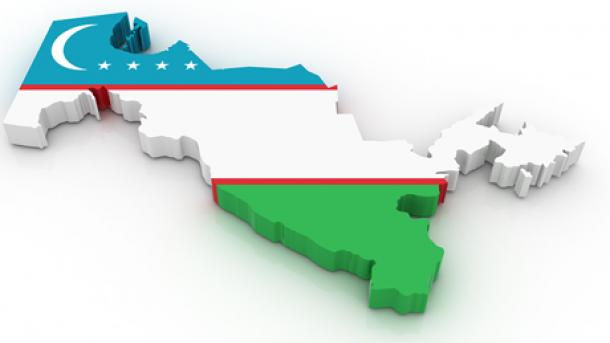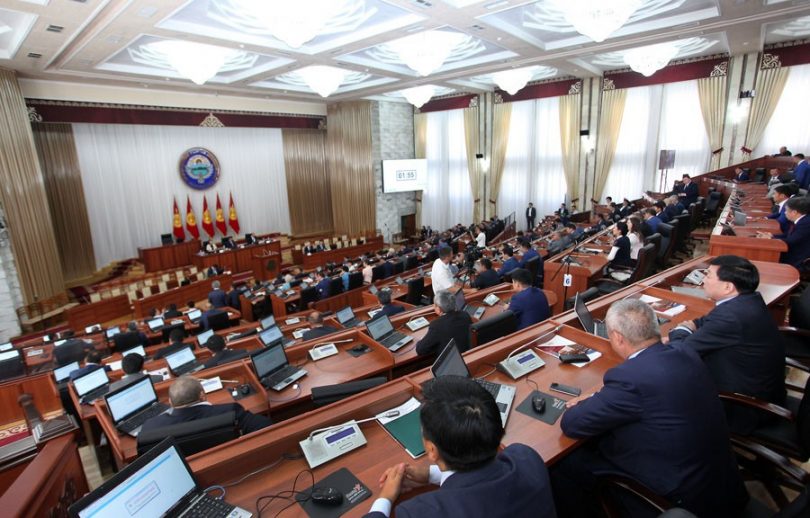TASHKENT (TCA) — Human Rights Watch (HRW) says that after taking “some steps” toward reforming Uzbekistan, President Shavkat Mirziyoyev has not extended this “reform spirit” to this month’s parliamentary elections, RFE/RL reports.
On December 22, Uzbekistan will hold its first parliamentary elections since Mirziyoyev took power three years ago following the death of his predecessor, Islam Karimov.
Mirziyoyev has since introduced “important reforms,” including improvements to Uzbekistan’s “abysmal” human rights record, but the Central Asian country’s political system remains “largely authoritarian,” HRW said on December 16.
Mirziyoyev’s election in December 2016 “took place under severe restrictions that denied voters their basic rights and prevented the elections from being free or fair,” according to the New York-based human rights watchdog.
Uzbekistan adopted “some changes” to its Electoral Code in February, HRW said, but the reform will not be enough to allow voters a genuine choice of candidates in the upcoming elections.
The five registered parties in the vote operate “within the political confines defined by the government,” the group said, adding that no opposition parties or independent candidates have been allowed to participate.
“Uzbekistan has recently introduced important reforms, so it’s a missed opportunity that this reform spirit did not extend to these parliamentary elections,” Hugh Williamson, Europe and Central Asia director at HRW, said in a statement. “Tashkent should in future allow independent parties and candidates to run in such elections.”
HRW said there had been “some signs of hope on human rights” under Mirziyoyev, whose government has released dozens of people detained on politically motivated charges, including human rights defenders and journalists.
But Uzbekistan retains “many key elements of an authoritarian state,” HRW said, citing the SNB security service’s “strong powers,” the thousands of people who remain in prison on politically motivated charges, and the “widespread” use of torture and ill-treatment by law enforcement authorities.
Media censorship is also widespread in the country, where journalists face “harassment and sometimes detention,” while nongovernmental groups working on civil and political rights remain unable to register with the authorities.
The Organization for Security and Co-operation in Europe’s Office for Democratic Institutions and Human Rights (OSCE ODIHR), the most important election monitoring organization in the region, has stated that the parliamentary election will not allow voters a genuine choice of candidates.
ODIHR is monitoring the election with a team of 265 observers, including 11 election experts, 30 long-term observers, and 224 short-term observers from OSCE participating states.






